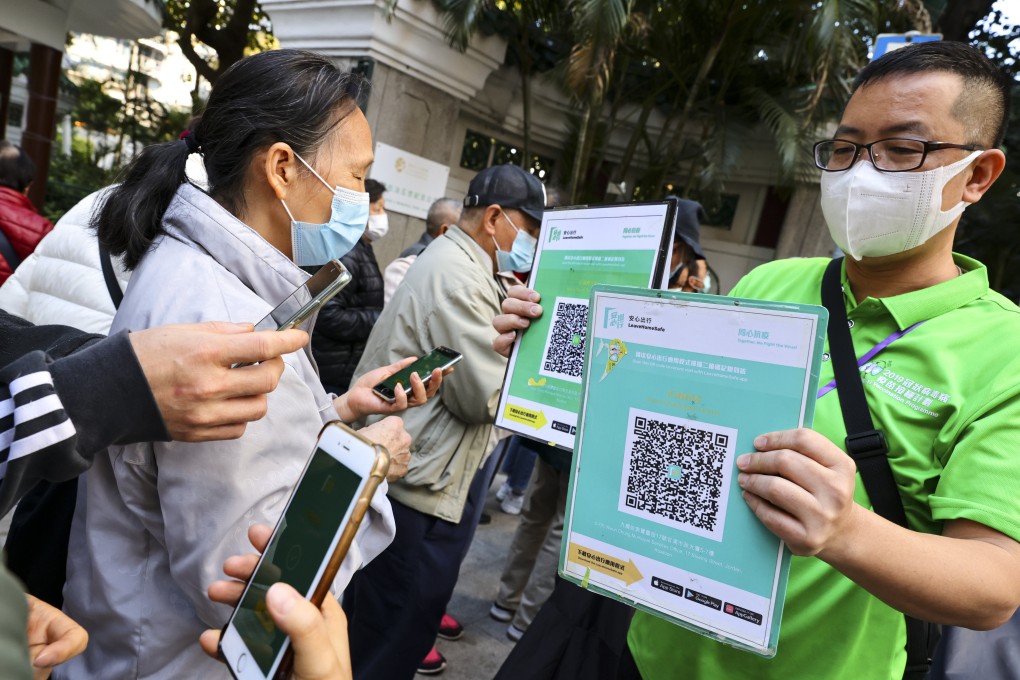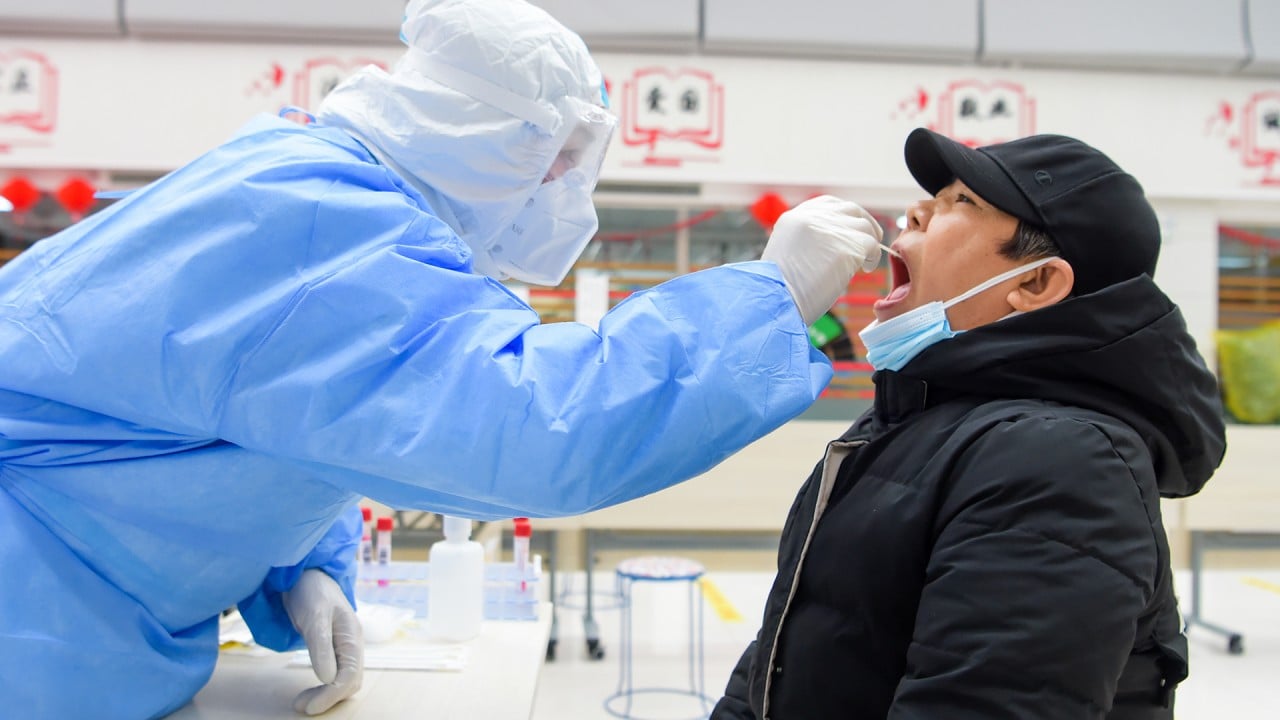Editorial | ‘Vaccine bubble’ push calls for flexibility
- As the city extends use of its risk-exposure app and considers banning those not vaccinated against Covid-19 from restaurants, it is essential there are exemptions for people unable to have jabs

As the Covid-19 pandemic is still holding much of the world in its grip, vaccination is more of a necessity rather than choice.
Such steps are controversial and require careful deliberations. The mandatory use of the risk-exposure app “Leave Home Safe” in public wet markets, libraries and other government sites will be extended to restaurants and cinemas starting from December 9.
Those who have not been vaccinated may also be banned from entering restaurants, sports venues and other high-risk premises under the so-called “vaccine passport” or “vaccine bubble” being considered by health authorities.
The measures will probably be supported by those who are keen for quarantine-free travel to the mainland. They argue that the city has been working so hard to reopen the border that a few more restrictions would not be unreasonable.
But others say the mandatory use of the tracing app has already inconvenienced people who are less technology savvy.

